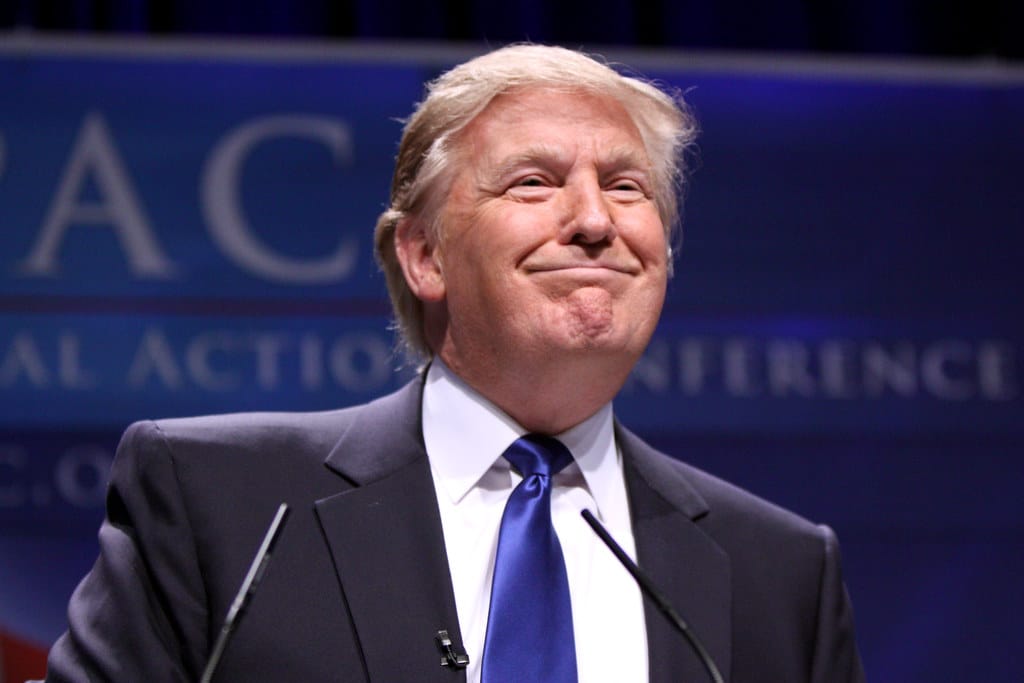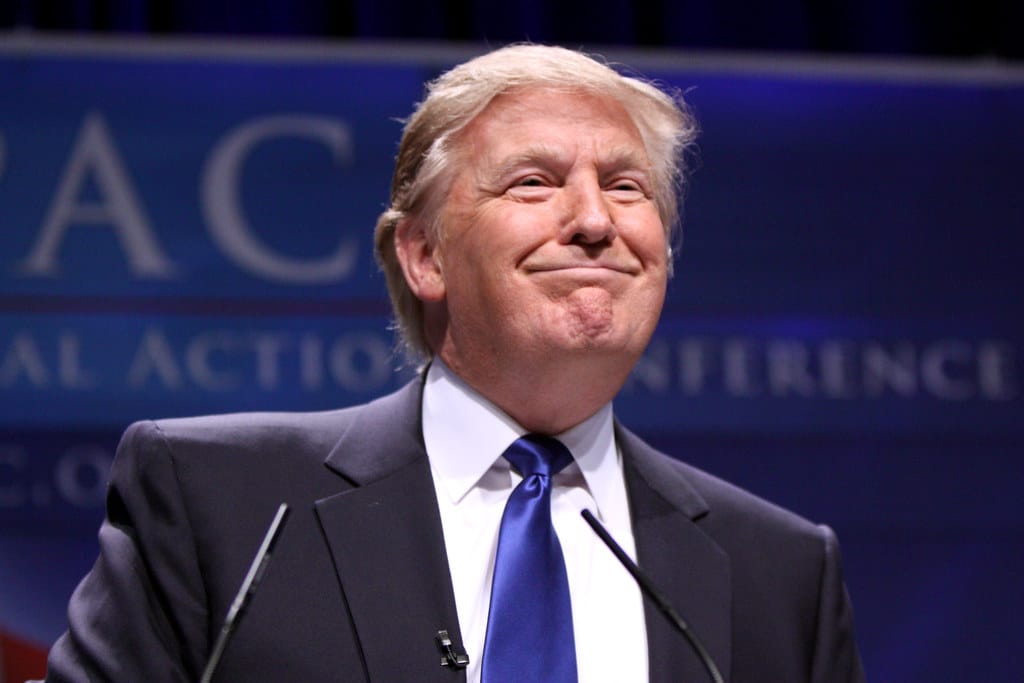Trump Praises Intel CEO as 'Success' After Previously Demanding Resignation in Corporate Flip-Flop
Former President Donald Trump has dramatically reversed his position on Intel CEO Pat Gelsinger, now calling him a "success" just months after publicly demanding his resignation. This corporate about-face highlights the volatile relationship between political figures and tech leadership, raising questions about consistency in executive criticism and the complex dynamics between Washington and Silicon Valley.
The Original Criticism
Trump's initial attacks on Gelsinger came in early 2024, when the former president took to Truth Social to blast the Intel chief's performance. At the time, Trump criticized Intel's struggles with manufacturing delays, competitive positioning against Taiwan Semiconductor Manufacturing Company (TSMC), and the company's perceived dependence on government subsidies through the CHIPS Act.
"Pat Gelsinger has been a disaster for Intel," Trump posted in March 2024. "He should resign immediately. Intel was once great, now it's a mess under his leadership."
The criticism came as Intel faced significant challenges, including delayed rollouts of advanced chip manufacturing processes and increased competition from rivals like AMD and NVIDIA in key market segments.
The Turnaround
Fast-forward to recent statements, and Trump's tune has changed dramatically. Speaking at a campaign event in Arizona, Trump praised Gelsinger's leadership, calling him "actually quite successful" and highlighting Intel's recent achievements.
"I've been watching Intel, and Pat Gelsinger is doing a tremendous job," Trump said. "They're bringing manufacturing back to America, creating jobs, and competing with China. That's what we need."
Intel's Performance Metrics
The shift in Trump's assessment comes as Intel has shown mixed but improving results:
Manufacturing Progress: Intel has made strides in its foundry services, securing new clients and advancing its Intel 18A process technology, positioning the company to compete more effectively with TSMC by 2025.
Government Partnerships: The company has secured approximately $8.5 billion in CHIPS Act funding, enabling major facility expansions in Ohio, Arizona, and New Mexico.
Stock Performance: While Intel's stock has faced volatility, it has recovered from 2022 lows, showing a 15% gain over the past six months as investors respond positively to the company's strategic pivots.
Employment Growth: Intel has committed to creating over 10,000 new manufacturing jobs across its U.S. facilities, aligning with Trump's America First messaging.
Political Calculations
Trump's reversal appears strategically timed as he campaigns in key swing states where Intel maintains major operations. Arizona, Ohio, and New Mexico—all states with significant Intel presence—represent crucial electoral battlegrounds.
The praise for Gelsinger also aligns with Trump's broader messaging about bringing manufacturing jobs back to America and reducing dependence on foreign semiconductor production, particularly from China and Taiwan.
Industry Context
The semiconductor industry has become a national security priority, with both Democratic and Republican administrations emphasizing domestic chip production. Intel's role as America's leading advanced chip manufacturer makes the company—and its leadership—politically significant.
Gelsinger's own background as an engineer who rose through Intel's ranks before returning as CEO after a stint at VMware has generally received positive reception from industry analysts, even amid the company's competitive challenges.
The Broader Pattern
This flip-flop on Intel's leadership reflects a broader pattern in Trump's corporate assessments, often shifting based on companies' perceived alignment with his policy priorities or electoral considerations. Similar reversals have occurred with other major tech companies and their executives.
The inconsistency raises questions about the reliability of such endorsements and criticisms in the volatile intersection of politics and business leadership.
Looking Forward
As the 2024 election approaches, expect continued scrutiny of tech leadership through a political lens. For Intel and Gelsinger, Trump's current praise provides a temporary reprieve from political pressure, but the semiconductor industry's strategic importance virtually guarantees continued political attention.
The episode underscores the challenges facing major corporation executives who must navigate not only market competition and technological hurdles but also the unpredictable currents of political opinion. For investors and industry watchers, it serves as a reminder that political endorsements—positive or negative—can shift as rapidly as campaign strategies, making fundamental business analysis more crucial than ever.

